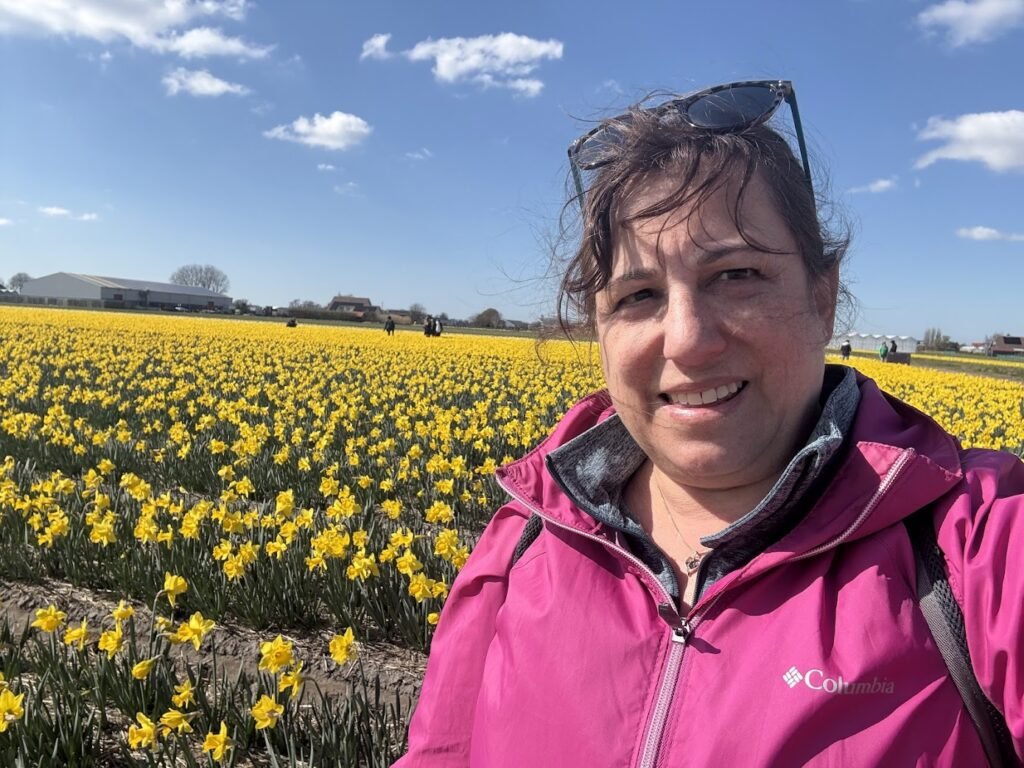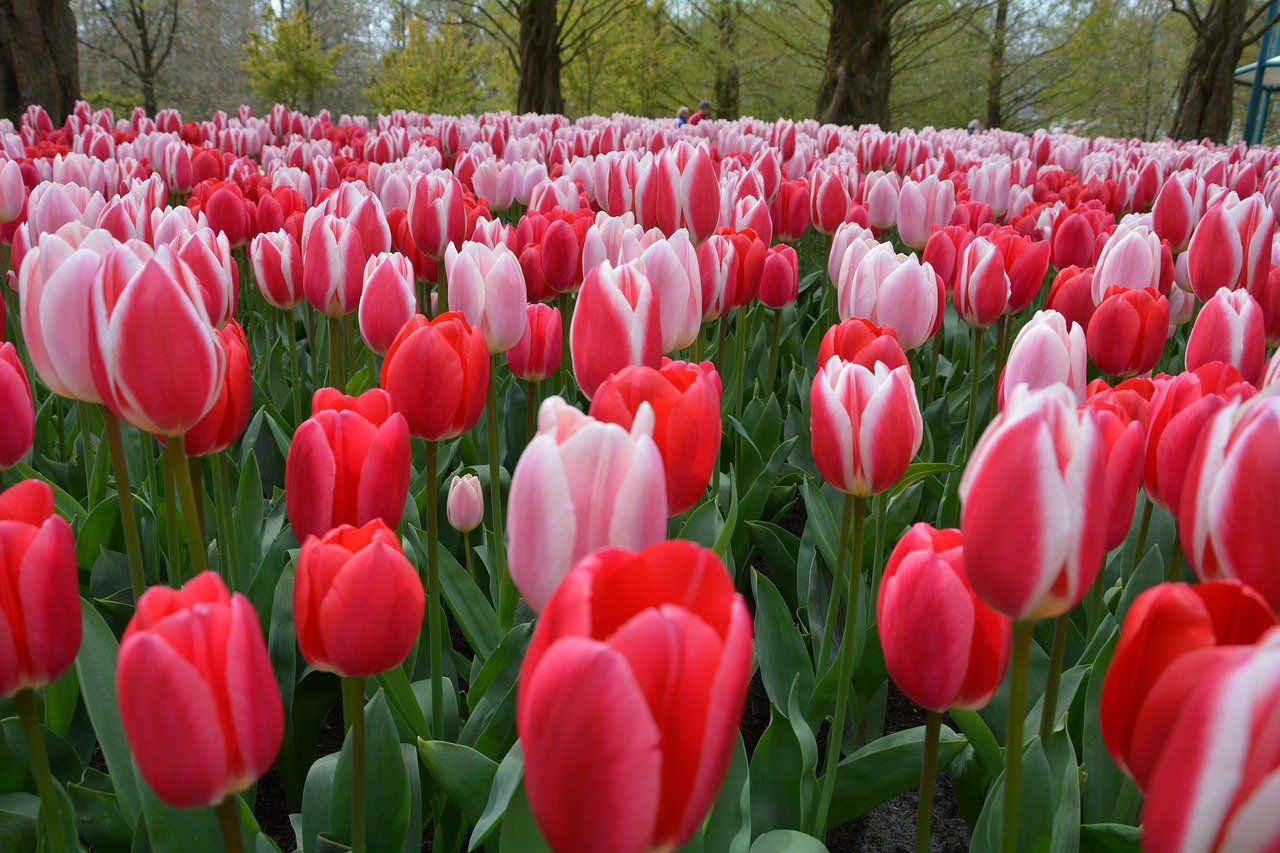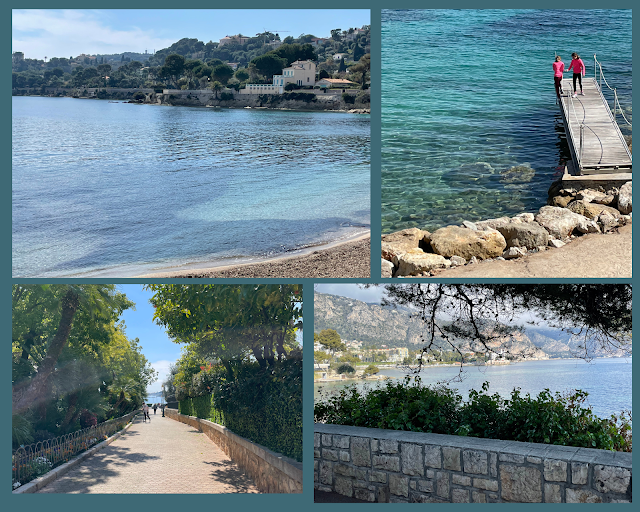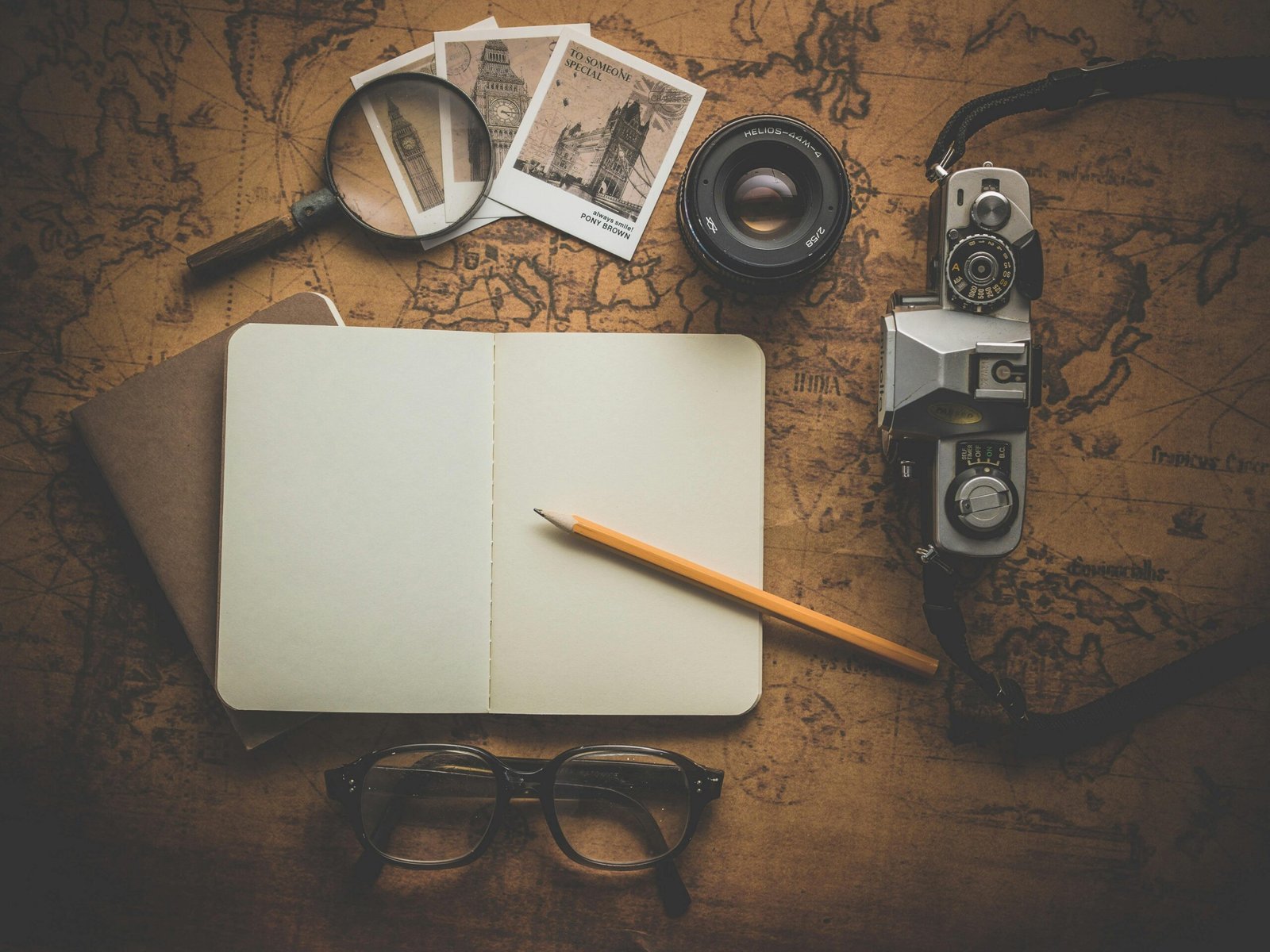Table of Contents
In this blog post, we’ll explore the benefits of traveling during the off-season, what actually closes during this time, and how to plan for an off-season trip. Whether you’re a budget traveler, looking for a more authentic experience, hate crowds, or are just an introvert, off-season travel can be the perfect option for you. So pack your bags and join us as we reveal the truth about what’s open during off-season travel?
If you’re new to off-season travel, you may want to start by reading this main article about the benefits of it in my Ultimate Guide to Off-Season Travel.
What Closes During the Off-Season?
One of the biggest misconceptions about off-season travel is that everything shuts down the moment peak tourist crowds disappear. While it’s true that some attractions—especially seasonal businesses like beach clubs, ski lifts, or smaller family-run hotels—may scale back or close entirely, that doesn’t mean a destination becomes a ghost town.
Bottom Line: Unless you are traveling for a specific time-limited event: whale migrations, Northern lights, tulip blooms, etc., it’s worth giving off-season travel a try.
5 Things You Need to Know for Successful Off-Season Travel

-
The bigger a city is, the more likely that its attractions are open year-round.
So, visiting Paris in March, I had no trouble at all visiting anything and everything I wanted. The only hiccup I noticed was that a museum might reduce its hours (but not by much), or perhaps add a CLOSED day to their schedule (CLOSED Mondays, for example). Everything is open, but without the lines of people! - However, the opposite is true as well: When I traveled to the Loire Valley, admittedly popular, but because of it’s agricultural heritage most depending upon the warmer months, I had to do a big of legwork. Certain lesser-known or smaller chateaux were closed during the winter months, not opening until April. But the bigger, more well-known chateaux were off course open and eager to receive visitors. My work was in determining which chateaux I wanted to see and ensuring that they were open at times I was available. And with over 300 chateaux in the Loire, I wasn’t going to lose any sleep if one was closed.
- List your deal-breaker items and plan around them: This is simpler than it sounds. Every time you travel, there are usually a couple of things you just can’t miss. Each person’s must-see items are different. (Remember, one person’s trash is another person’s treasure). Do you homework before making your plane and hotel reservations. If there is something very specific you want to see,and your trip would be incomplete without it, be sure that it is open during your travel window. If not, consider moving your travel time.
- Major renovations often occur during the off-season: Even if a very popular destination is open year-round, it has to be maintained. Renovations, repairs, and updates generally occur in the off-season for obvious reasons. When traveling to Madrid, I was treated to MAJOR Construction in the Puerta del Sol. Again, if you have a “must-see” or “must experience” item on your travel bucket list, don’t assume anything. Check to be sure there are no major projects planned which would affect your ability to visit.
- Public Transportation May Run Less Frequently: This is where double checking your “deal breaker” items can really pay off. During the off-peak season, buses or trains may run less frequently. Just double check the schedules if you have any places requiring travel out of a city. That said, taxis and ride-share options are still available, and renting a car is always a possibility (and even gives you that 100% flexibility with planning).
Final Takeaway
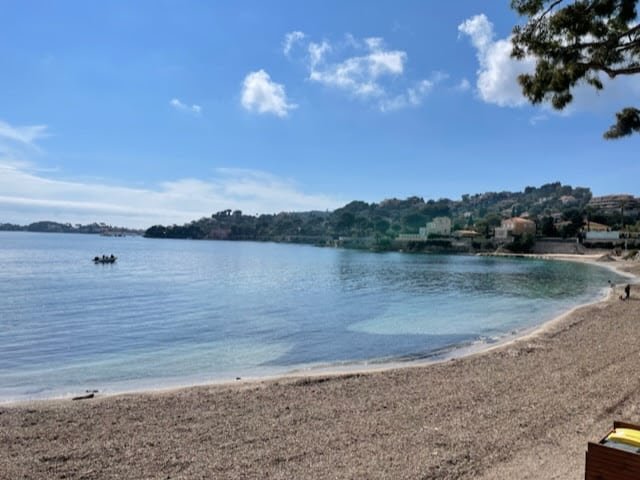
Traveling during the off-season doesn’t mean missing out—it means seeing a destination in a different light. While some businesses may scale back, the majority of cultural and historical attractions remain open, and the benefits—lower costs, fewer crowds, and deeper connections with local culture—far outweigh the drawbacks.
Pro tip: Go in with curiosity, not a rigid checklist, and you may just discover that the off-season is the best season.
In a Rush For Time? (Read This for the Bottom Line)
The Least You Need to Know About Off-Season Travel Destinations
If you’ve ever hesitated because you thought “everything’s closed,” it might be time to reconsider. Off-peak travel can be one of the most rewarding ways to see the world
Do your homework – Make a list of your “can’t miss” items: places you want to visit, activities etc. Research opening hours, seasonal closures, and any local holidays that might affect availability
Stay flexible with your dates if needed
Don’t Be Afraid to think outside the box – If your first-choice activity isn’t available, look for alternatives. You might be surprised at the number of options you have.
Be a part of the off-season travel community…
➡️Have you ever traveled off-season? What surprised you most about the experience? Share your stories in the comments—I’d love to hear them.
➡️For more tips and inspiration on traveling smarter (and avoiding the crowds), follow this blog. And if you know someone who could use a little encouragement to travel outside of peak season, share this post on social media—it might just change the way they plan their next adventure.
